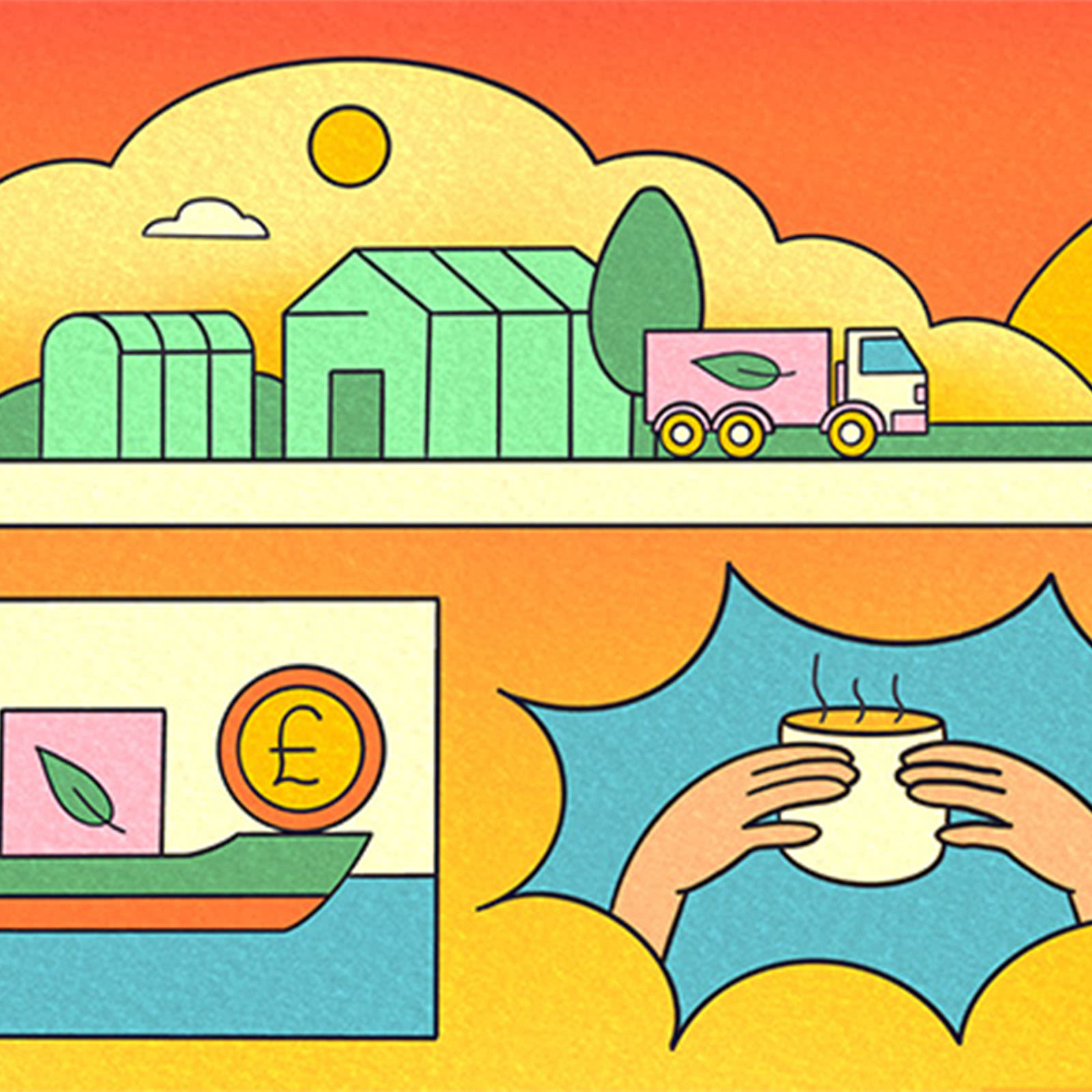
In September, investment company eToro released its inaugural Beer Index, which showed that the cost of six key components of beer-making – wheat, barley, rice, malt, aluminum (for cans) and fuel (for transportation and farming) – has risen 62% in the past two years. Consumers haven't been hit as bad – in the UK, at least, the price of a pint has risen only 8% over the same period – but that means brewers are absorbing the costs themselves. And, unfortunately, this level of input cost inflation is simply unsustainable for many producers, who'll eventually have no option but to pass more cost increases on to drinkers.
We spoke to three small craft breweries about how inflation has impacted them and what they're doing to handle cost increases at both the front and back ends.
Ed Mason, The Five Point Brewing Company.
‘The biggest input costs for craft brewing include energy costs, CO2 and malted barley. These are all seeing extreme inflation price rises. Brewing is seeing surcharges applied to CO2 deliveries, meaning in the region of anything between 450% and 900% increased costs for brewers. Our malt suppliers have also advised us to expect a 23% increase in malted barley costs for the most recent harvest. We signed a new electricity contract this summer, which saw a 54% increase in our annual electricity cost. In these times, price increments are inevitable and most customers are understanding of this fact. However, we still want to keep things affordable where possible. We're trying to source locally where we can and are taking steps to create products customers can enjoy at home.’
Jacob Liddle, Jiddler's Tipple.
‘The cost increases started 18 to 24 months ago after a big issue with packaging supply. Corrugate went up six or seven times in 2021. Over the year, it was a 20% or 30% increase. This year, other things have been affected: the price of cans has gone up, along with energy and CO2. We want to maintain our values and the quality [of] our product, so it's really difficult to maintain profitability as we don't want to cut corners. Our beer is gluten-free, which requires testing and additional processing cost. It's also carbon positive – we donate 2% of our profit to a carbon-offsetting charity to ensure this. We package with paper labels and tape, which is more expensive than plastic.
‘You can always bring your price down when selling, but it's very hard, once you've brought your price down, to put it back up again. Generally, no matter what's happening, people don't want to hear about a price increase. My profit margin has decreased [by] 10% as a result. This can often be the difference between a profitable business and a not-profitable one. Beer is also particularly brutal as it's a commodity product, so it's often a race to the bottom. I'm taking it as it comes at the moment, but I'm waiting to see what the bigger companies do.’
Will Evans, Manchester Union Brewery.
‘At the moment, I don't think it'd be possible for us to raise our prices to the extent we need to. We need to seek more distribution and increase sales – that's the bottom line for us at the moment. Our energy supply for gas has gone from £1,000 a month to £4,000 a month. That can't really be passed on. It's massive for us. This all comes on top of increased costs because we were shut down for two years during the pandemic, with all the old bills to pay. It's a really challenging time for breweries at the moment. Our breakeven point is now more than double what it was pre-pandemic. To pass all those costs on to customers, we think [it] could be suicide. We're currently selling our beer at £5.50 a pint. To cover our costs, we'd have to increase it to £8 a pint. So, instead, we're increasing sales work and increasing investment. We're placing an order for three new tanks to increase production. Obviously, it's risky, because we're lumping more debt onto an already debt-laden business. But, if we can make it through that, it sets us up for the future.’


